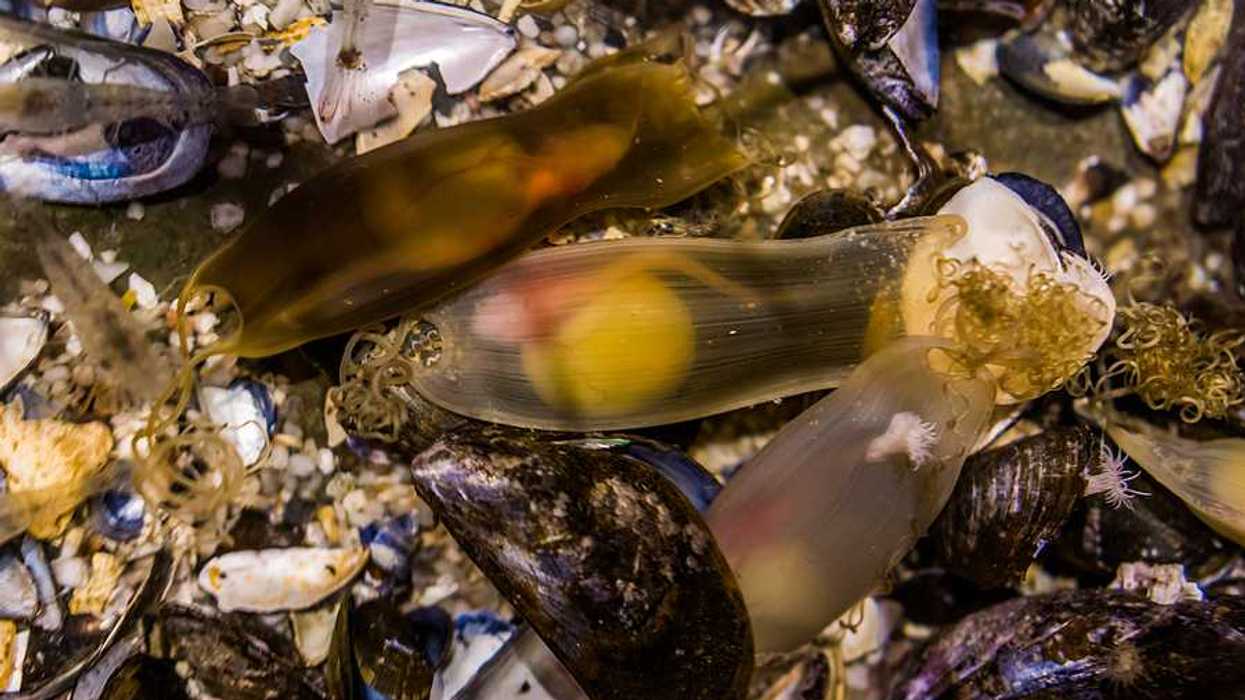A whitening agent banned in Europe remains widely used in U.S. foods despite growing evidence linking it to intestinal inflammation, DNA damage and potential cancer risks.
Mikaela Conley reports for U.S. Right to Know.
In short:
- Titanium dioxide, found in candy, baked goods and gum, has been linked to gut microbiota disruptions, inflammation and genotoxicity in various studies.
- France and the EU banned the additive over health concerns, but the U.S. FDA continues to classify it as safe, relying on outdated assessments.
- Emerging research highlights risks from titanium dioxide nanoparticles, which can accumulate in the body and are associated with chronic illnesses like Alzheimer’s and inflammatory bowel disease.
Key quote:
“Taking into account all available scientific studies and data, the Panel concluded that titanium dioxide can no longer be considered safe as a food additive.”
— Prof. Maged Younes, chair of the European Food Safety Authority's expert Panel on Food Additives and Flavourings
Why this matters:
As Europe moves to protect public health, here in the U.S., the FDA is holding tight to an outdated playbook, last assessing titanium dioxide decades ago when food science and safety looked a whole lot different.
Read more: Tackling toxics in food must be priority for new FDA commissioner














